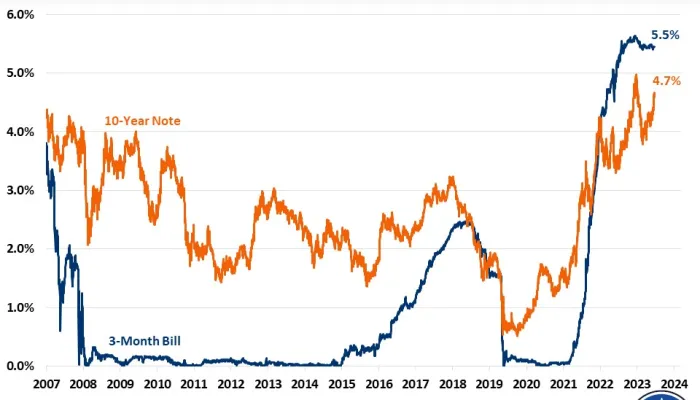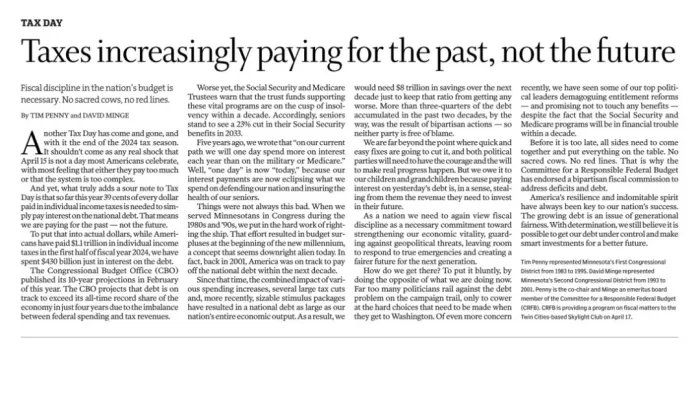Warner Amendment Would Restore Program Integrity Funding
The Senate is undergoing vote-a-rama, an annual event where the Senate considers hundreds of amendments before voting on the budget resolution. Of the dozens which are normally voted on, most are typically policy statements or messaging documents, rather than changes to the underlying numbers in the budget.
One of the few amendments that would actually lead to savings will be offered by Senator Mark Warner (D-VA). The amendment would restore $1.6 billion in funding on “program integrity” activities to reduce overpayments and fight fraud and abuse in Medicare, Medicaid, and disability programs. Program integrity funding is currently not included in either the House or Senate budgets, despite the fact that the Budget Control Act allows funding of up to $1.6 billion for these activities in FY 2016.
Program integrity (up to a reasonable amount) can produce large return on the initial spending, so additional spending is a net positive for deficit reduction. For example, the Social Security actuaries have estimated that Continuing Disability Reviews, which check if beneficiaries still qualify for Social Security Disability Insurance payments, saved about $9 for every $1 spent in FY 2014. Similarly, CBO assumes program integrity spending to detect and stop erroneous payments and outright fraud in Medicare and Medicaid through the Health Care Fraud and Abuse Control program, saving about $1.50 for each $1 spent. The increased funding for Continuing Disability Reviews for Supplemental Security Insurance and Social Security Disability Insurance is especially important given the impending insolvency of the SSDI trust fund.
Warner's amendment is a small but strong step forward to making these program more efficient. By combating waste, fraud, and abuse, program integrity funding can save money in the long run, freeing up money for other priorities or for deficit reduction.


